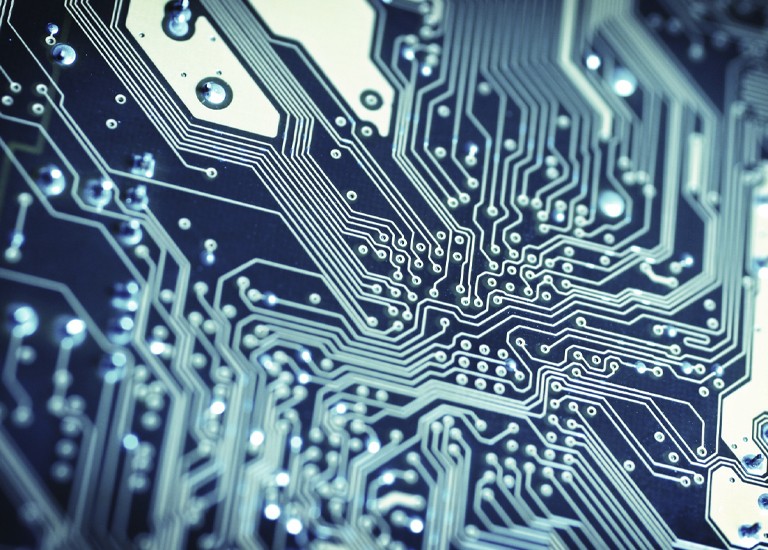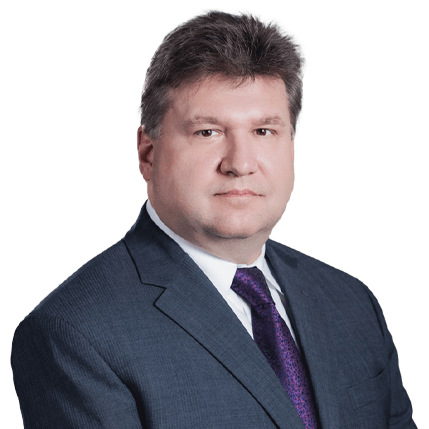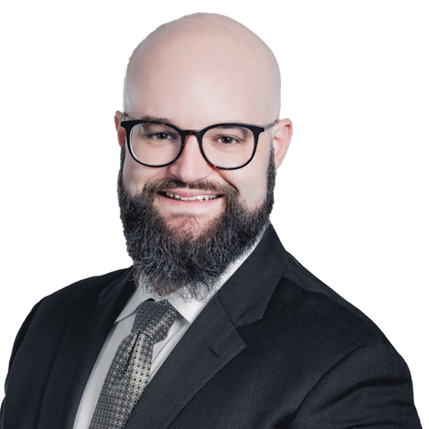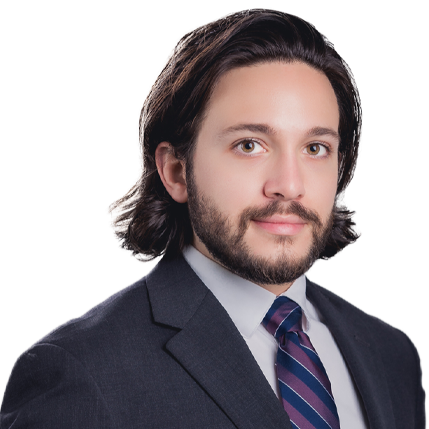Many times, the best protection available for our clients comes from a thorough and creative approach in preparing and prosecuting computer hardware patent applications.
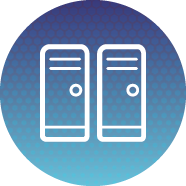 In the computer hardware field, our firm has been at the forefront of protection for many technologies, including semiconductor technology for computer networking applications and computer network routing technology.
In the computer hardware field, our firm has been at the forefront of protection for many technologies, including semiconductor technology for computer networking applications and computer network routing technology.
Our firm’s practice includes experience with:
Processing
- Automated test equipment (ATE)
- Computer architecture
- Computer logic circuits
- Digital signal processing
- Graphics and image processing
- Hardware implemented methods
- Microcontrollers
- Network hardware (wired and wireless)
- Programmable processors
- Semiconductor circuit structures
Memory/Data Storage
- Caching systems
- Memory cells
- Memory systems
- Storage area networks (SAN)
Related Applications
- Application-specific integrated circuits (ASICs)
- Complex programmable logic devices (CPLDs)
- Fault tolerance
- Field-programmable gate arrays (FPGAs)
- Hardware/software co-design
- Hardware verification, validation, reliability, testing, simulation, and prototyping
- Multimedia systems
- Neural networks/predictive devices
- Printed circuit board design
- Robotics
This complex field requires intensive technical concentration for sound intellectual property protection. Our attorneys practicing in this area hold scientific degrees specifically in electrical and computer engineering, applied mathematics and computer science, or physics. Many have advanced degrees in these fields and/or extensive hands-on experience from their work as electrical or software engineers.
Attorneys at Hamilton Brook Smith Reynolds carefully tailor claim language to obtain broad coverage at the boundaries of existing technologies. We have successfully overcome United States Patent and Trademark Office patentable subject matter rejections for claimed inventions involving an algorithm, a mathematical manipulation, or a method of doing business.
Our computer hardware and software attorneys hail from a variety of industries, enabling our firm to handle a wide spectrum of computer-based technologies. They have supported clients’ intellectual property needs in the area of computer communications, such as Multiprotocol Label Switching (MPLS) networks, optical local area networks (LANs) and wide area networks (WANs), and storage area network (SAN) topologies. We have prosecuted patent applications for many data processing systems, such as object modeling and CAD systems, database management systems, speech processors, and predictive simulators. Our experience with computer hardware inventions covers aspects of microelectronics, such as deposition and growth of semiconductor materials, ion implantation, and silicon-on-insulator (SOI) actuators/microsensors. We also have dealt with peripherals, such as headset computers, micro-displays, and Bluetooth® devices.
Our litigation experience includes:
- Successfully represented a major integrated circuit manufacturer in patent litigation against its chief rival.
- Prepared combined software-hardware use license with service agreements for a corporate maker of chemical and bio-tech manufacturing process equipment and components.
- Advised a major electronic goods manufacturer on enforcement and pre-litigation strategy relating to its multi-billion dollar patent portfolio.
- Represented clients in four separate appeals to the Federal Circuit, relating to such diverse technologies as contact lens chemistry, pharmaceutical technology, automobile user interfaces, and banking systems.
- Represented the defendant in patent infringement litigation regarding networking hardware, such as switches, routers, and IP phones. The patent was found invalid.
- Represented a computer hardware manufacturer in an action brought in the Northern District of Georgia by a Non-Practicing Entity.
- Represented a plaintiff in successive patent jury trials in the Northern District of California involving components for printed circuit boards. The first trial resulted in a finding of validity and infringement in the liability phase and subsequent contempt citations against the defendant for new designs. The case settled prior to the damage phase with the defendant agreeing not to market any infringing product. The second trial resulted in the jury finding willful infringement of a redesigned product, with increased damages and attorneys’ fees awarded by the court.
- Defended a computer hardware provider in a trademark opposition brought by a major data processing company. We were successful in an appeal before the Court of Appeals for the Federal Circuit in upholding the dismissal of the opposition against our client’s application, and our client’s trademark became registered.
- Represented a brand manufacturer of communication and computer peripheral hardware against a new retailer that adopted a similar name. We developed a strategy to send a cease-and-desist letter at the same time that we filed an infringement action, which led to a quick settlement in which the infringer stopped all use of the infringing name and phased over to a new identity.
